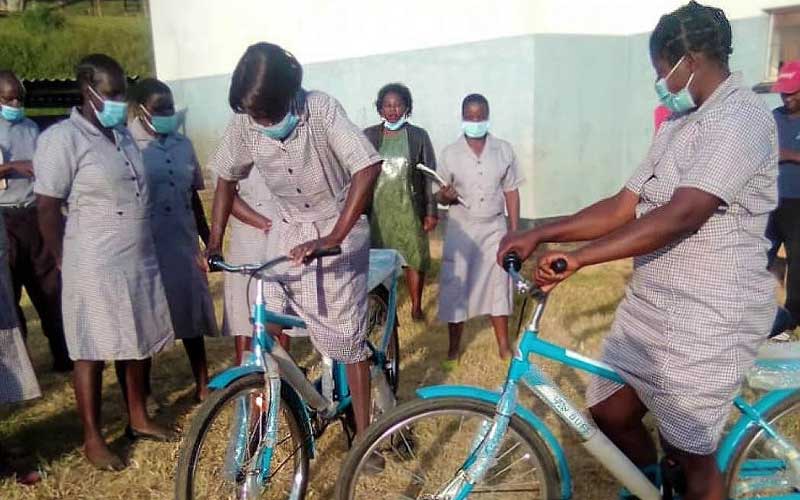Lessons from the COVID-19 pandemic
Zimbabwe went into lockdown due to COVID-19 on 30 March 2020. The restrictions on movement and intercity travel posed a challenge to the project work in the Cyclone Idai affected areas under the Zimbabwe Idai Recovery Project (ZIRP) that is managed by UNOPS and funded by the World Bank. We immediately drafted a contingency plan based on rapid assessment on foreseen COVID-19 implications and projected impacts on project planned activities including scope of works; timeline, budget and procurement implications and E&S safeguards. This helped to ensure some level of continuity in the ZIRP activities .
The COVID-19 pandemic has shown the importance of sound public procurement, an area we at UNOPS have significant expertise in. Working closely with suppliers, UNOPS Zimbabwe has been able to procure and deliver PPE supplies which were in demand including 10,000 reusable face masks, 15,000 surgical gloves and hand sanitisers for use by frontline workers in the project areas in the fight against the pandemic. Through ZIRP, we have also been able to accelerate the spread of messaging by empowering Village Health Workers with bicycles to improve their mobility.
The collaborative efforts of UNOPS and the ZIRP implementing partners FAO, UNICEF, WFP and WHO, have seen the dissemination of COVID-19 information in the target areas reaching 539,405 people to date. This has been achieved mostly through mobile public address systems, as well as messaging at mobile health clinics and food distribution sites. Integrating COVID-19 messaging into existing programming has helped to gain traction.
FAO adjusted their training to farmers to adhere to directives on COVID-19 prevention, with the use of social distancing, face masks and hand sanitation. The meeting places also had tippy taps installed for hand washing. Additionally training has been done through ICT tools, rather than physical handouts of lesson materials. Whenever participants of the training did not have their own ICT tools, lesson plans were shared through WhatsApp.
With limited travel opportunities and most project units working from home, UNOPS Zimbabwe continues to find creative and innovative ways to interact with the field sites and restore livelihoods for Cyclone Idai affected communities within the pandemic.

